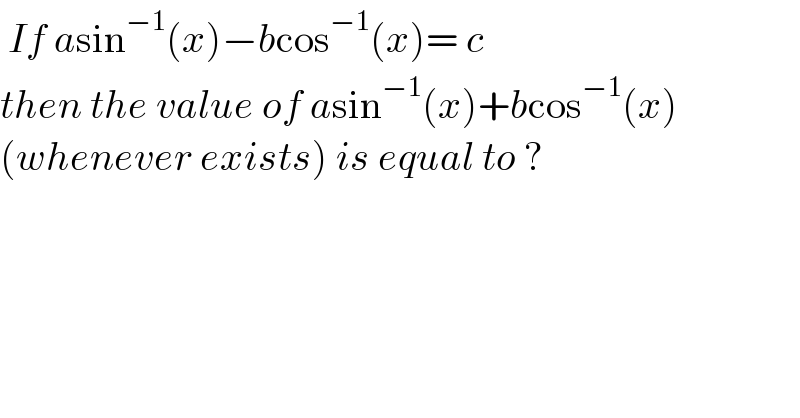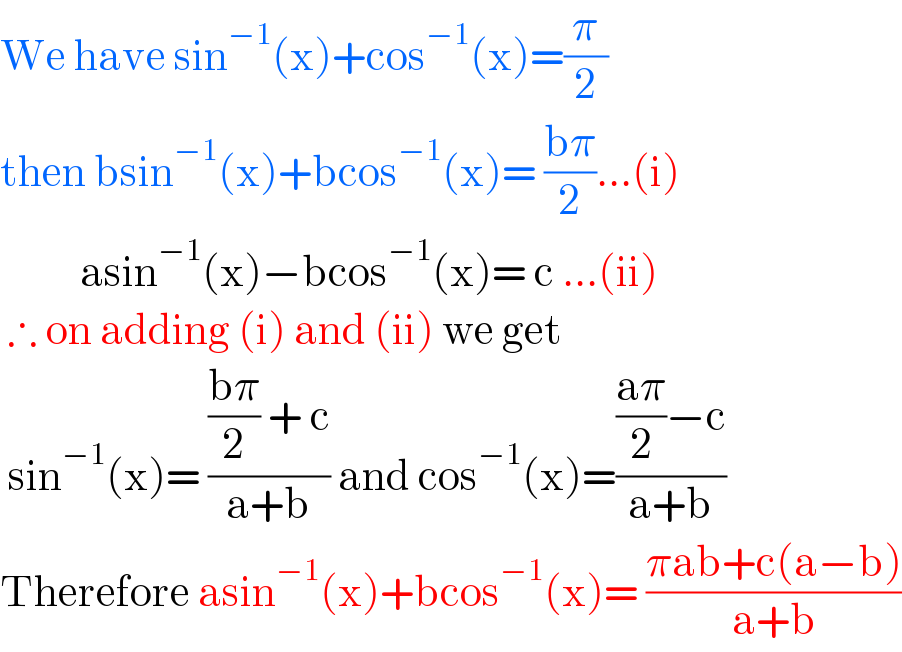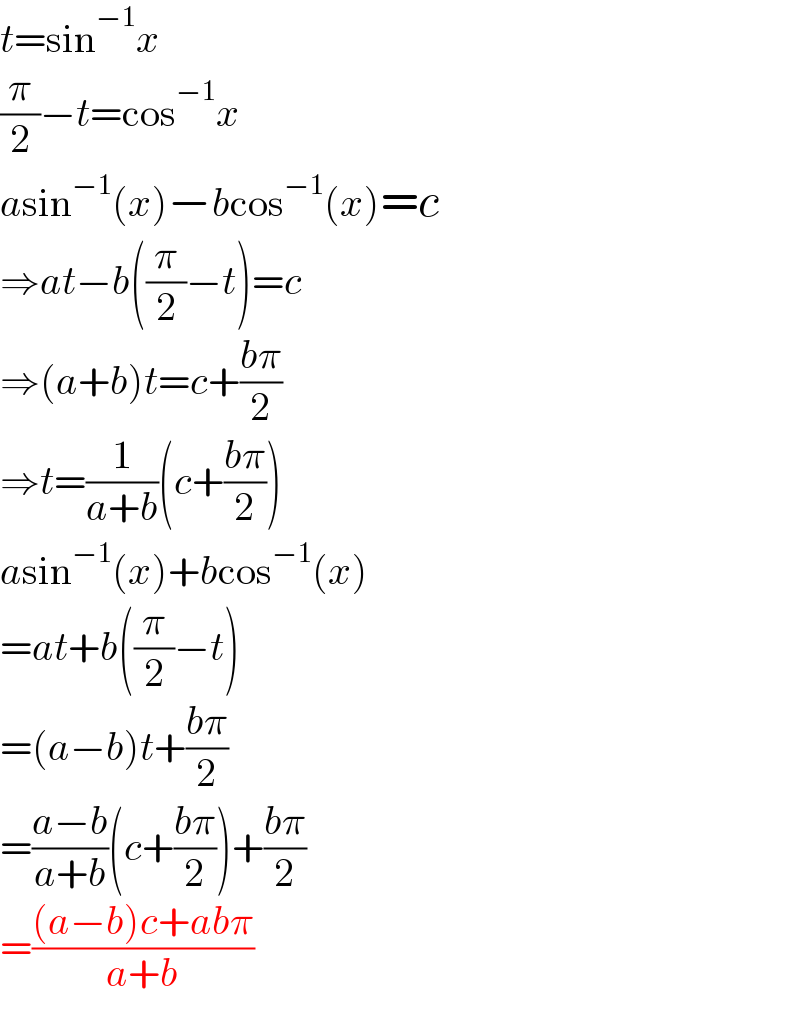Question Number 131296 by EDWIN88 last updated on 03/Feb/21

Answered by liberty last updated on 03/Feb/21

Commented by EDWIN88 last updated on 03/Feb/21

Answered by mr W last updated on 03/Feb/21

Commented by EDWIN88 last updated on 03/Feb/21

